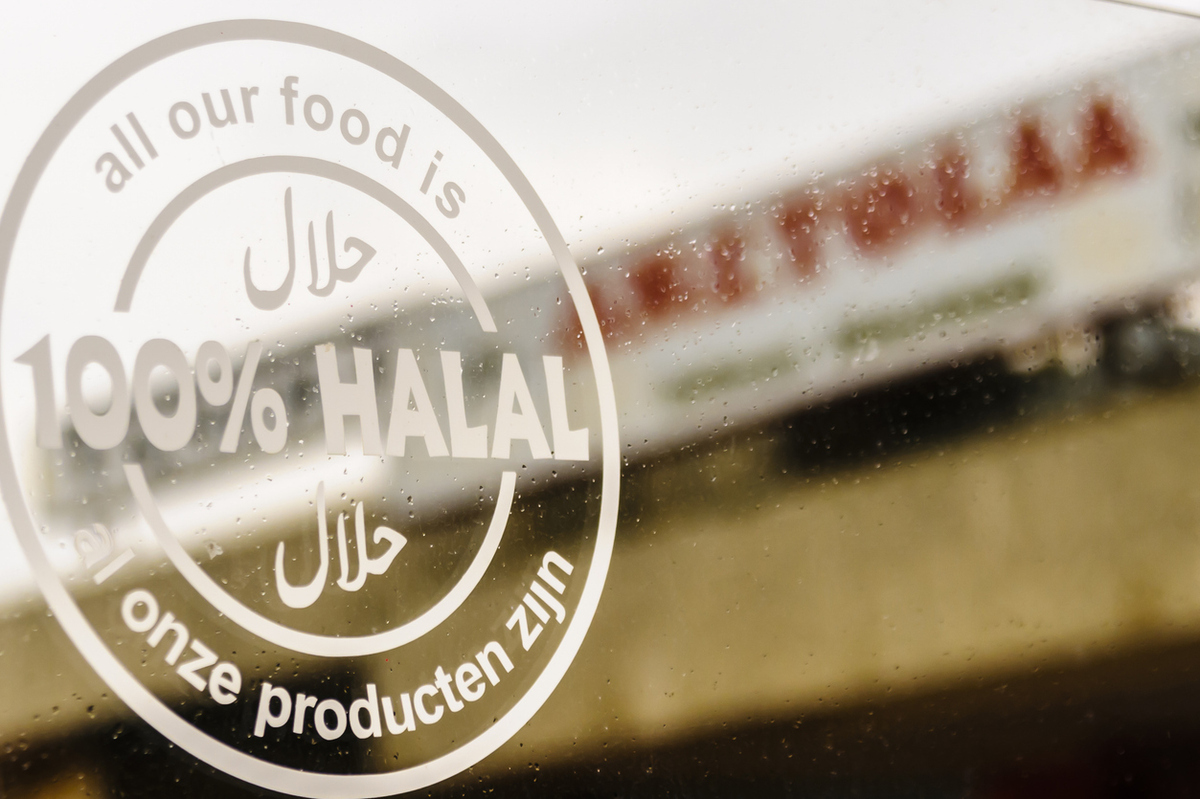Can Genetically Modified Foods be Considered Halal?
| |
The rapid advancement of biotechnology in food production has raised a crucial question among Muslim consumers worldwide: are genetically modified (GM) foods halal? Determining the halal status of GM foods is far from simple. Genetic material can be sourced from haram (impure), and production processes may involve culture media, enzymes, or additives that are not halal.
With more than two billion Muslims across the globe, these complexities place certification bodies under increasing pressure to ensure that innovations in food technology align with Islamic principles. A review article, written by Dr. Yedi Herdiana from the Universitas Padjadjaran, Indonesia, explores the halal principles behind food production and the challenges of certifying GMOs. In this article, key considerations that determine whether GM foods can be regarded as halal under Islamic law were discussed.

What makes food halal and tayyib in Islam?
In Islam, the concepts of halal (permissible) and tayyib (good and pure) serve as fundamental guides for what Muslims may consume. For food to be considered halal, it must be made from permitted ingredients, processed according to Sharia, and must be free from impurities, harm (dharar), and prohibited components such as pork, alcohol, blood, and carrion (animals not slaughtered according to Sharia). During production, food must be free from cross-contamination with haram substances, while maintaining strict cleanliness and hygiene, which are both essential aspects of the halal concept in Islam.
The tayyib principle emphasizes that food must be pure, safe, wholesome, and ethically produced. According to the paper, even if a product is technically halal, it may still be discouraged if it causes harm to health and the environment or if it involves unethical practices, such as exploitation.
As modern technologies emerge, Islamic scholars apply these principles alongside maslahah (public interest) and maqasid al-shari ah (objectives of Sharia, i.e., protection of life, intellect, religion, lineage, and property). In the case of GMOs, the product must be proven safe, beneficial, and in line with maqasid al-shari ah. The assessment must consider not only the halal status of ingredients but also their impact on health and the environment. These standards ensure that the products from modern biotechnology are aligned with ethical and religious principles.
How do Islamic scholars and certification bodies decide if GM foods are halal?
The permissibility of GMOs depends on their halal (permissible) and tayyib (good and pure) status, as indicated in the Qur’an (2:168). GMOs are generally acceptable if they contribute to human health, food security, and ecological balance without causing harm. Under Islamic law, the production and use of GMOs are considered permissible as long as they are in line with the five main principles of Sharia and support human welfare, environmental sustainability, and ethical responsibility. Therefore, modern biotechnology is considered permissible as long as it provides benefits and does not harm nature or future generations.
Islamic scholars and halal certification bodies, such as the Indonesian Ulema Council (MUI) and Department of Islamic Development Malaysia (JAKIM), permit the use of GMOs under specific conditions: genetic materials and media must come from halal sources and must not contain haram elements, does not endanger human health and the environment, and must be produced according to Sharia principles and precautions. Given the variations in halal standards across countries, the Organization of Islamic Cooperation (OIC), through the Standards and Metrology Institute for Islamic Countries (SMIIC), has undertaken initiatives to harmonize halal certification frameworks, enhance transparency, and support seamless international halal trade.
According to the concept of istihalah (transformation), a product is considered permissible if it undergoes complete transformation (istihalah tammah), which is verified through a scientific assessment or evaluation. However, scholars remain divided when it comes to substances like pork gelatin, which many believe is haram regardless of transformation. These interpretations and considerations become even more crucial for assessing GMOs that use animal-based genetic materials.
Conclusion
Existing literature consistently shows that GMOs improve crop yields, enhance nutrition, resist pests and diseases, and reduce pesticide use without posing significant risks to human and animal health and the environment. The Food and Drug Administration (FDA), the European Food Safety Authority (EFSA), the World Health Organization (WHO), and different regulatory agencies all over the world confirm that GMOs are as safe as their conventional counterparts after completing rigorous evaluation of the product’s allergenicity, toxicity, and risks to nutrition and the environment.
Islam encourages scientific progress when it promotes public interest and avoids harm. This means that GMOs can be permissible if they do not contain haram elements and meet ethical and safety standards. Islamic scholars, guided by principles such as fiqh (the original law of everything is permissible) and istihsan (to consider something good), continue to debate GMOs with consideration for human dignity, environmental balance, and long-term sustainability.
Moving forward, the author maintains that harmonized international regulations and halal certification standards, coupled with public education, are essential to building trust in the products of modern biotechnology.
For more information, read the full article from Cogent Food & Agriculture.
For further reading:
- Pocket K No. 18: Ethics and Agricultural Biotechnology
- Religious Sector - Keeping Faith in the Technology in Brief 40 - Communicating Crop biotechnology: stories from stakeholders
- Scientists Propose Ethical Guidelines to Assess GM, GEd Organisms
| Newer Post | Archive | Older Post |
Science Speaks is ISAAA Inc.'s official blog. Weekly blog articles, authored by ISAAA writers, partners, and invited contributors, aim to help share, disseminate, and promote scientific knowledge and its vital role in achieving global agricultural sustainability and development. Your support to Science Speaks will help us achieve this goal. You can help us by donating as little as $10.

